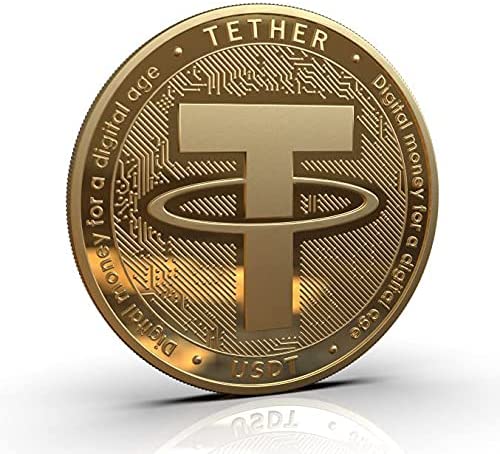Coinbase plans to delist stablecoins that are not compliant with the European Union’s Markets in Cryptocurrency Regulation (MiCA) by the end of 2024.
The move comes as the EU tightens its controls over the crypto sector and companies like Coinbase adjust their services to meet new standards.
Coinbase confirmed on October 4 that users in the European Economic Area (EEA) will no longer be able to access stablecoins that do not meet regulatory requirements. However, you also have the option to convert your holdings into a compliant stablecoin.
Circle, the issuer of USD Coin (USDC) and Euro Coin (EURC), obtained an e-money institution license in July 2024, making it the second largest stablecoin issuer in the region. , Tether, the largest stablecoin issuer, has not yet obtained the necessary licenses.
Coinbase said in a statement: “Given our commitment to compliance, by December 30, 2024, we intend to restrict the provision of services to EEA (European Economic Area) users related to stablecoins that do not meet MiCA requirements.” said.
MiCA, which came into force in June 2024 for stablecoin issuers, requires all stablecoins in the EEA to obtain an e-money license from an EU member state. This could affect major tokens such as Tether’s USDT, which could be forced out of Coinbase if the necessary approvals are not obtained.
As the MiCA compliance deadline approaches, other exchanges such as OKX, Bitstamp, and Uphold are also taking steps to restrict non-compliant stablecoins.
Meanwhile, Binance has announced that it will impose restrictions on the availability in the European Union (EU) of stablecoins that are deemed “unregulated” under the European Union’s new Cryptoassets Market Regulation (MiCA). are planning. The exchange said it may eventually delist the stablecoin from its European platform.
Marina Partuizo, head of legal affairs at Binance France, cited the lack of approved stablecoin projects in the region ahead of the European Union’s upcoming market in crypto assets (MiCA) regulation. . The regulation does not provide a grace period for coins already on the market, which could lead to large-scale delisting.
MiCA will be finalized in June, making the EU the first major jurisdiction with comprehensive crypto regulation. This will allow exchanges and wallet providers to operate across the EU with just one license. However, the impact of this regulation on stablecoins and decentralized projects remains unclear.


